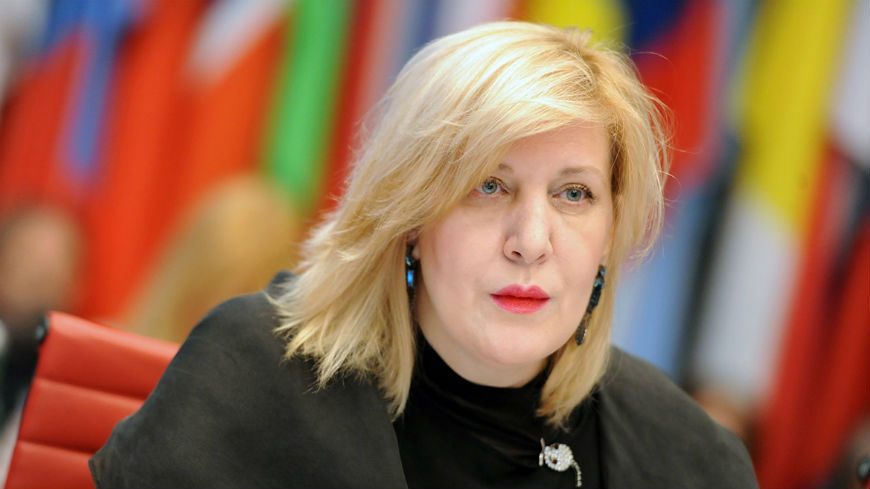On 27 March 2019, the Commissioner called for more rescue capacity in the Mediterranean. The Commissioner reacted to the decision of withdrawing further naval assets from Operation Sophia. She said that the continuing loss of lives in the Mediterranean should remind states of the need to ensure a sufficiently resourced and fully operational system for saving lives at sea and safeguarding migrants’ dignity. She noted that, whilst coastal states have responsibility for the effective coordination of search and rescue operations, protecting lives in the Mediterranean required concerted efforts of other states as well. She also reiterated her call to refrain from hindering and criminalising the work of NGOs performing search and rescue activities. Furthermore, the Commissioner noted that changes to Operation Sophia would further increase the risk that EU member states would, directly or indirectly, contribute to the return of migrants and asylum seekers to Libya, where it is well-documented that they would face serious human rights violations. She called for transparency and accountability in this area. Finally, she noted that the onus is now on EU member states to show urgently that their support to the Libyan Coast Guard is not contributing to human rights violations, and to suspend this support if they cannot do so.
On 6 March 2019, in Geneva, the Commissioner gave a speech to the Global Alliance of National Human Rights Institutions (GANHRI), on the occasion of its annual conference focusing on rights-based implementation of the Global Compact for Migration and the role of National Human Rights Institutions (NHRIs). In her speech, she highlighted two key challenges in the area of migration in Europe. Firstly, she noted the erosion of the idea that migrants have rights in the first place, pointing to a political climate that is moving more and more towards the dehumanisation of migrants. Secondly, she noted the lack of bigger picture thinking on migration, with Europe having a key focus on preventing arrivals. This is leading to the dismantling of carefully built-up structures to make Europe as unattractive as possible, which is not only harming migrants, but is likely to have a significant impact on the economy and social cohesion. In this respect, she also noted the efforts of European states to entice countries of origin and transit to police migration on their behalf. With regard to the role NHRIs could play, the Commissioner pointed to four issues. First, the need to address blatant violations of migrants’ rights, such as push-backs, ill-treatment, and long-term detention in bad conditions, head-on. Second, the need for NHRIs to be vocal and visible in political and public debates on migration. Third, to use their role as a bridge between civil society and governments to ensure the voices of migrants are heard in legislative and policy-making processes. And fourth, to advocate for better transparency and accountability in migration policy, especially on international migration cooperation activities.



